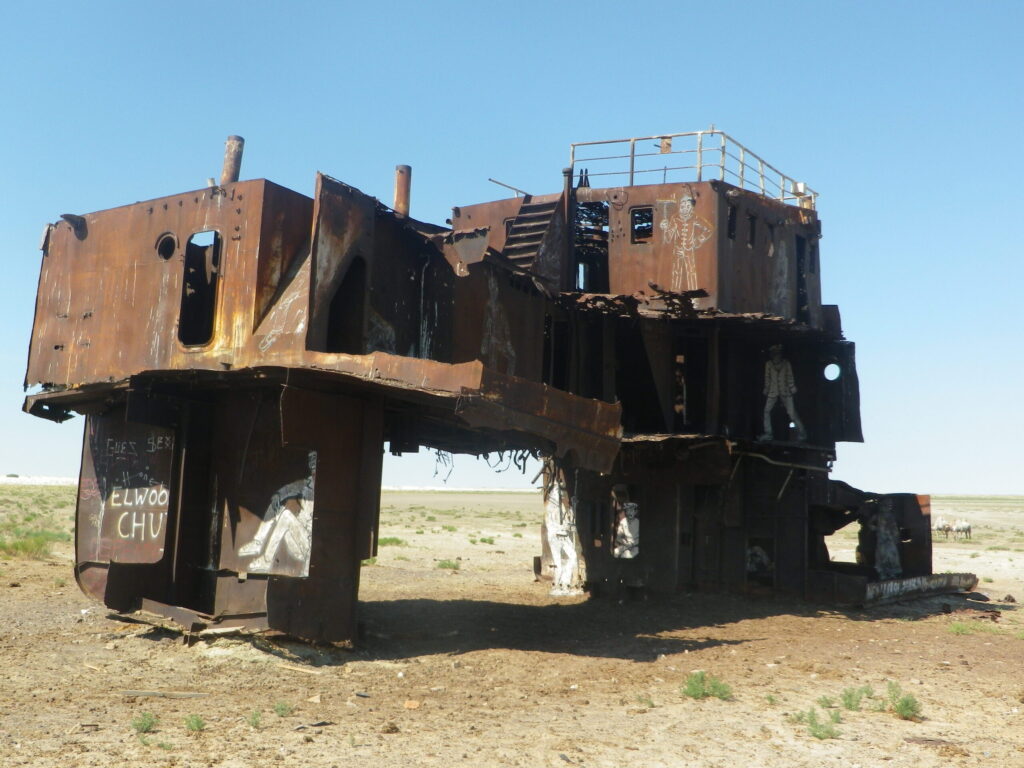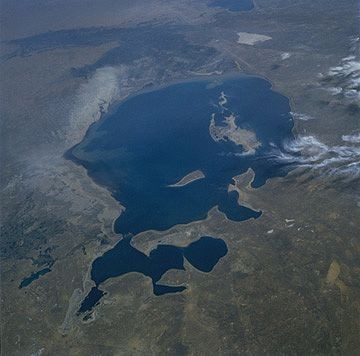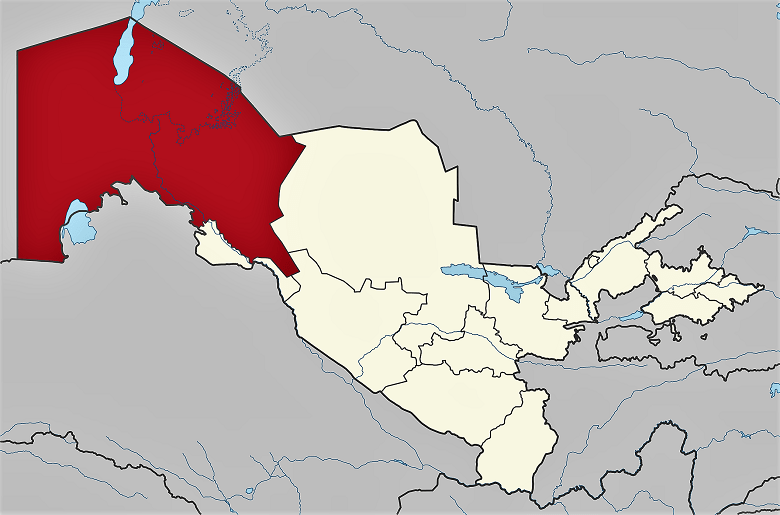Kazakhstan to Plant Forests on a Million Hectares of Former Aral Seabed
On January 8th, the Minister of Ecology and Natural Resources of Kazakhstan, Erlan Nysanbayev chaired a meeting on the implementation of instructions from the Head of State to plant saxaul shrub plantations on dried up sections of the Aral Sea. It was stated at the meeting that 500,000 hectares of the former seabed have been included in the lands of the state forest fund, and in 2023 afforestation work began on that area. It was also emphasized that as climatic conditions are changing and the frequency and severity of storms increase, wind-borne salt and dust cause significant damage to areas adjacent to the Aral Sea and their inhabitants. Every year, more than 100 million tons of salt, dust and sand are blown from the bottom of the former Aral Sea and mix into the air. Kazakhstan’s part of the Aral is more saline than its Uzbek counterpart. In order to improve the situation, President Tokayev has set the task of planting saxaul shrubs on 1.1 million hectares by 2025. This project has now been provided with the necessary infrastructure for preparing seeds for sowing and cultivation, and the necessary equipment has been purchased, the meeting heard.[/vc_column_text][vc_single_image image="13571" img_size="full" el_class="scond-image" parallax_scroll="no" woodmart_inline="no"][vc_column_text woodmart_inline="no" text_larger="no"]Through joint efforts oy the Ministry of Ecology and Natural Resources and the administration of the Kyzylorda region, 544,500 hectares of saxaul have been sown over the past three years. This year, it is planned to plant on another 275,000 hectares. As the decimation of the Aral Sea is a global problem, the Ministry cooperates with international organizations, including the International Fund for Saving the Aral Sea (IFAS), the World Bank, the German Society for International Cooperation (GIZ), the United States Agency for International Development (USAID), and the Korean Forest Service. In the summer and autumn of 2021, specialists from Uzbekistan and Kazakhstan exchanged their experiences in planting saxaul and other trees on the former Aral Sea, and a memorandum was signed for closer cooperation in afforestation of the region.





